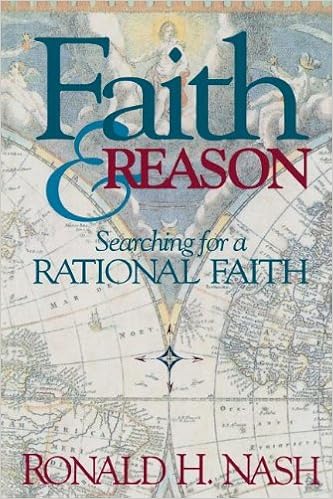
Editor’s note: This post originally appeared on Think Apologetics. Tabernacle of David considers this resource trustworthy and Biblically sound.
.
Anyone who has done a fair amount of apologetics has probably heard the response “I remain unpersuaded.” In other words, a skeptic has heard an argument presented and while others might be persuaded, they remain unconvinced. So does this mean the arguments for theism are just unpersuasive? Are there other factors at work here.? I already did a post called ” What Factors Are Involved in How People Change Their Beliefs?
But most recently I spent a long time engaging a student who’s a Unitarian Universalitst yesterday. After going over every possible alternative to the resurrection, he finally admitted most of the naturalistic theories fail. But then he said he said he wasn’t persuaded . This discussion made me think of a wonderful book by the late Ronald Nash who noted the following:

“It is important to distinguish between arguments on one hand and personal persuasion on the other. People come to their beliefs about reality and truth based upon various factors, some rational and some nonrational. A good argument provides reasonable and truthful support for its claim. Just because a person is not persuaded by a given argument doesn’t necessarily mean that the argument is somehow logically defective. Nonrational factors such as ignorance, bias, self-interest, fear, or pride may stand in the way of a person genuinely understanding and feeling the full force of a powerful argument and thus being persuaded by it. A person’s noetic (belief-forming) faculties are seldom as neutral, detached, and coolly objective as many people-including especially “intellectuals”-would like to think. This subjective, egocentric predicament is shared by all people, regardless of educational level.Persuasion, then, seems to be “person-relative,” and no single argument will likely persuade everyone-especially when it comes to the big issues.” – Ronald Nash, Faith and Reason
In the end, while evidence might be rationally compelling, for some, it
may not be emotionally or willfully superb, and able to overcome the human heart. Hence, for many people, they may understand an argument, but still may not believe, due to the lack of a one size-fits-all approach for people who have various intellectual, emotional, and willful obstacles to belief.

